
- August 24, 2023
- Dennis Frank
- 12
Table of Contents
Unlocking the Potential of Blockchain Technology
Blockchain technology has emerged as one of the most promising innovations of recent times. It holds the potential to revolutionize various industries and redefine the way we conduct business. In this article, we will delve into the basics of blockchain technology, explore its untapped potential, examine its role in different industries, discuss challenges in its adoption, and explore its future prospects.
Understanding the Basics of Blockchain Technology
The concept of blockchain is at the core of this revolutionary technology. A blockchain is essentially a decentralized and transparent digital ledger that records transactions across multiple computers. It eliminates the need for intermediaries and provides a secure and efficient way to validate and store information.
But let’s dive deeper into how blockchain actually works. Each transaction is grouped into a block, which is then added to a chain of previous blocks. This chain of blocks forms the blockchain. Each block contains a unique identifier called a hash, which is generated using cryptographic algorithms. For a more in-depth look at blockchain and how it works, see: Blockchain Basics: How Does a Blockchain Work Step by Step?
Now, you might be wondering how this decentralized system ensures the security and integrity of the data. Well, it’s all thanks to the cryptographic techniques employed by blockchain. When a block is added to the chain, it is secured by a process called mining. Miners, who are participants in the blockchain network, compete to solve complex mathematical puzzles. The first miner to solve the puzzle gets to add the block to the chain and is rewarded with cryptocurrency.
This mining process not only secures the blockchain but also ensures that all transactions are verified and validated by the network participants. Once a block is added to the chain, it becomes extremely difficult to alter or tamper with the data. This immutability makes blockchain highly secure and resistant to fraud.
Furthermore, the decentralized nature of blockchain ensures that there is no single point of failure. The data is distributed across multiple computers, known as nodes, which collectively maintain the integrity of the blockchain. Even if one or several nodes go offline or are compromised, the network continues to function and the data remains secure.
But blockchain is not just about secure transactions. It has the potential to revolutionize various industries by enabling new applications. For example, in blockchain supply chain management, blockchain can provide transparency and traceability, allowing consumers to track the journey of a product from its origin to their hands. In healthcare, blockchain can enhance the security and privacy of patient data, while also facilitating interoperability between different healthcare providers.
As blockchain technology continues to evolve, new use cases and innovations are being explored. From decentralized finance and smart contracts to digital identity and voting systems, the possibilities are endless. The key to unlocking the full potential of blockchain technology lies in understanding its basics and exploring its applications across different sectors.
The Untapped Potential of Blockchain
While blockchain gained popularity through its association with cryptocurrencies like Bitcoin, its potential extends far beyond the realm of digital currencies.
Blockchain technology has the power to revolutionize various sectors such as finance, supply chain management, healthcare, and more. By eliminating intermediaries, blockchain can streamline processes, reduce costs, and enhance transparency.
Let’s delve deeper into the untapped potential of blockchain in different industries:
Blockchain Beyond Cryptocurrency
One of the significant ways blockchain is making its mark is in finance. Blockchain can facilitate faster and cheaper financial transactions, reducing the dependence on traditional banks and intermediaries. It also has the potential to enable financial inclusion by providing banking services to the unbanked population.
Imagine a world where individuals can easily send money across borders without the need for expensive remittance services. With blockchain, cross-border transactions can be executed seamlessly, eliminating the need for multiple intermediaries and reducing transaction fees. This technology has the potential to empower individuals and businesses, particularly in developing countries, by providing them with access to affordable financial services.
Furthermore, blockchain-based identity verification systems can enhance security and privacy in financial transactions. Instead of relying on traditional methods that are prone to fraud and identity theft, blockchain can provide a secure and decentralized way to verify identities, ensuring that only authorized individuals have access to financial services.
In supply chain management, blockchain can enhance transparency and traceability throughout the supply chain. It can enable real-time tracking, verification of authenticity, and optimization of processes, ultimately reducing fraud and counterfeiting.
Imagine being able to trace the journey of a product from its origin to the store shelf with a simple scan of a QR code. With blockchain, this level of transparency becomes possible. Each step of the supply chain can be recorded on the blockchain, providing an immutable and auditable record of the product’s journey. This not only ensures the authenticity of products but also allows consumers to make informed choices about the products they purchase.
Additionally, blockchain can help streamline supply chain processes by automating tasks such as inventory management, order fulfillment, and payment reconciliation. This automation can lead to significant cost savings and efficiency improvements for businesses.
Future Prospects of Blockchain Technology
The future of blockchain technology looks promising. As the technology matures and gains wider adoption, we can expect to see further advancements and innovation.
Emerging trends such as smart contracts, tokenization, and decentralized finance (DeFi) show the vast potential of blockchain. Smart contracts enable automated and self-executing agreements, while tokenization allows the representation of real-world assets on the blockchain. DeFi, on the other hand, aims to recreate traditional financial instruments using blockchain technology, offering decentralization, accessibility, and transparency.
Imagine a world where individuals can access loans, insurance, and other financial services without relying on traditional banks. With DeFi, this becomes a possibility. Decentralized lending platforms, for example, allow individuals to lend and borrow funds directly from each other, eliminating the need for intermediaries and reducing costs. This opens up new opportunities for individuals and businesses to access financial services, particularly in underserved areas.
Furthermore, the tokenization of assets on the blockchain has the potential to democratize investing. Fractional ownership of assets, such as real estate or artwork, can be made accessible to a wider audience, allowing individuals to diversify their investment portfolios and participate in previously exclusive markets.
In conclusion, blockchain technology holds immense untapped potential. Its ability to streamline processes, reduce costs, enhance transparency, and enable new financial services makes it a game-changer in various industries. As the technology continues to evolve, we can expect to see even more innovative use cases and advancements that will reshape the way we conduct business and interact with the digital world.

The Role of Blockchain in Different Industries
Blockchain technology has the potential to disrupt and enhance various industries.
Blockchain in Finance
In the finance industry, blockchain can simplify and streamline processes such as cross-border payments, remittances, and asset management. It can also facilitate the issuance and trading of digital assets, making the financial system more efficient and inclusive.
Blockchain can also enhance security by providing an immutable record of financial transactions. This increased transparency can help prevent fraudulent activities and improve regulatory compliance.
Blockchain in Supply Chain Management
Supply chain management is another area where blockchain technology can bring significant benefits. By providing a transparent and immutable record of transactions, blockchain can enable better traceability and accountability throughout the supply chain.
From raw material sourcing to manufacturing, transportation, and delivery, blockchain can ensure the integrity of products, reduce counterfeiting, and enhance consumer trust. It can also streamline supply chain processes, saving time and costs.
Overcoming Challenges in Blockchain Adoption
Despite its potential, blockchain adoption faces certain challenges that need to be addressed for widespread implementation.
Security Concerns in Blockchain
While blockchain is highly secure, it is not entirely immune to security threats. Diverse attack vectors such as 51% attacks, malware, and vulnerabilities in smart contracts pose risks. It is crucial to develop robust security measures to safeguard blockchain systems from these threats.
Additionally, the increasing connectivity of blockchain networks raises concerns about privacy and data protection. Establishing privacy-focused solutions while maintaining transparency is a challenge that needs to be addressed.
Regulatory Challenges for Blockchain
The regulatory landscape surrounding blockchain technology is still evolving. Different jurisdictions have distinct policies and regulations regarding blockchain and cryptocurrencies. Clarifying legal frameworks, addressing issues related to taxation, and ensuring compliance with anti-money laundering and know-your-customer regulations are critical for blockchain’s broader adoption.
The Future of Blockchain Technology
The future holds immense potential for blockchain technology, with several emerging trends and predictions on the horizon.
Emerging Trends in Blockchain
Emerging trends such as interoperability, scalability, and integration with emerging technologies like artificial intelligence and the Internet of Things (IoT) are shaping the future of blockchain. To understand more about the integration of AI into the blockchain, read: Exploring the Applications of Artificial Intelligence in Decentralized Blockchain
Interoperability aims to enable different blockchain networks to communicate and transact with each other seamlessly. Scalability focuses on enhancing the capacity of blockchain systems to handle a high volume of transactions. Integration with AI and IoT can unlock new possibilities by enabling automated decision-making processes and connecting physical devices with blockchain networks.
Predictions for Blockchain Technology
Many experts predict that blockchain will continue to disrupt various industries, leading to increased efficiency, transparency, and democratization of systems.
The integration of blockchain with emerging technologies is expected to drive innovation and create new business models. As blockchain technology matures and overcomes its challenges, it has the potential to revolutionize systems and unlock new opportunities across multiple sectors.
Conclusion
Blockchain technology is on the brink of transforming industries and unlocking new possibilities. Its decentralized and transparent nature offers immense potential for streamlining processes, enhancing security, and improving efficiency. While challenges exist, ongoing efforts in research, development, and regulation are paving the way for a future where blockchain becomes an integral part of our lives.








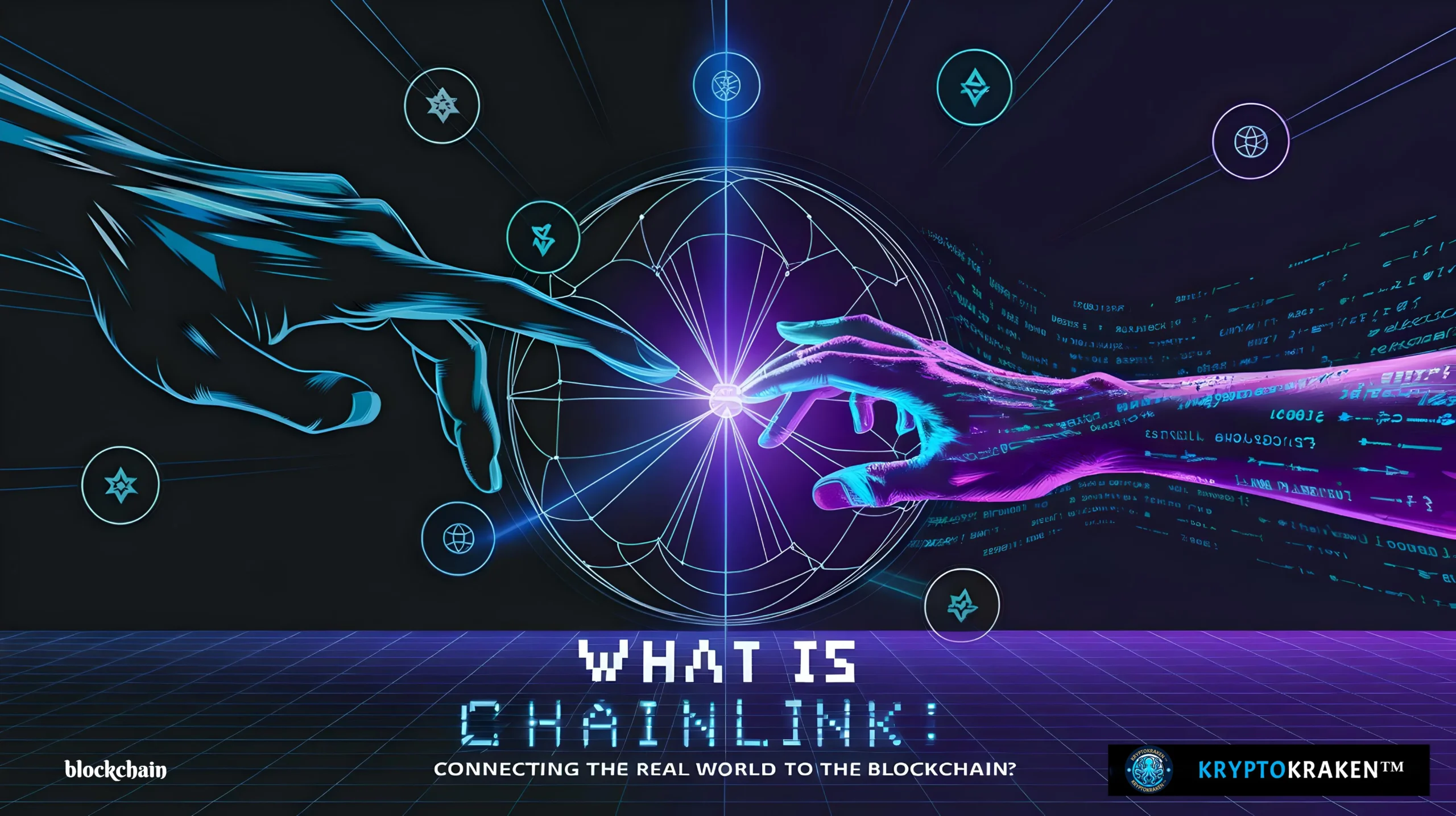
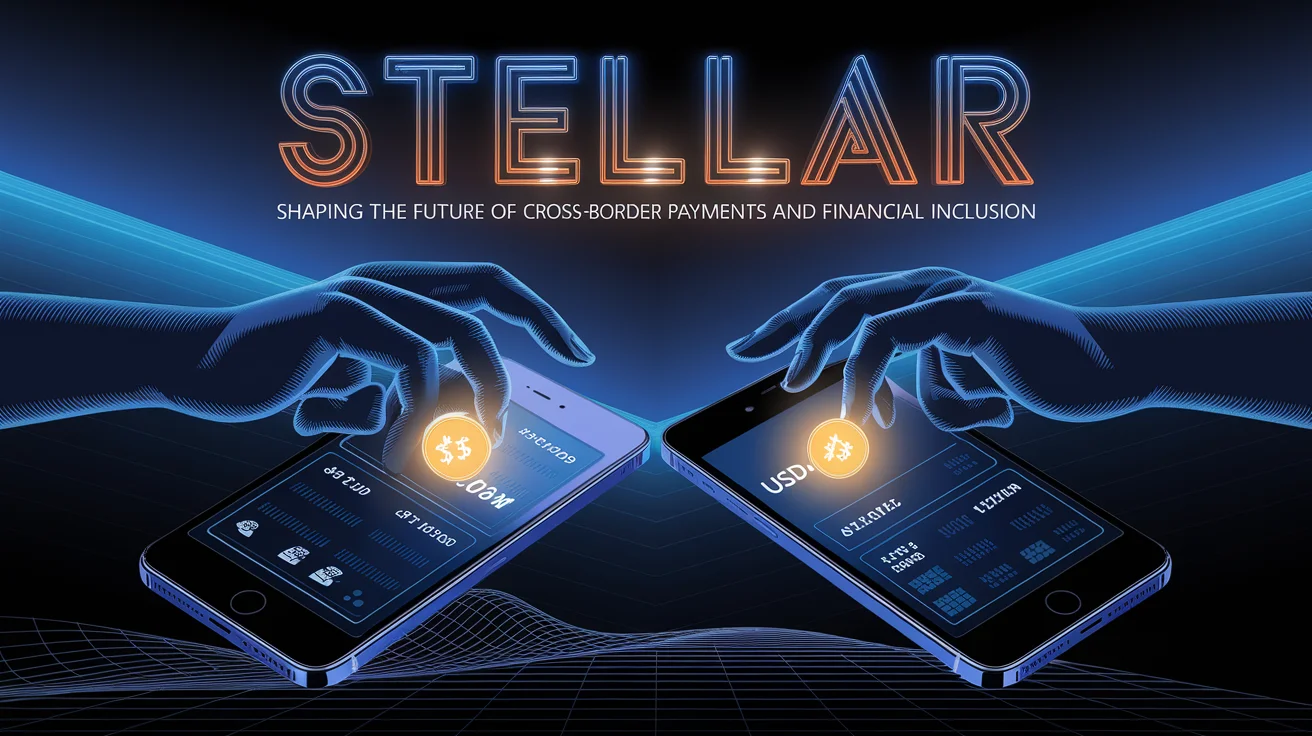
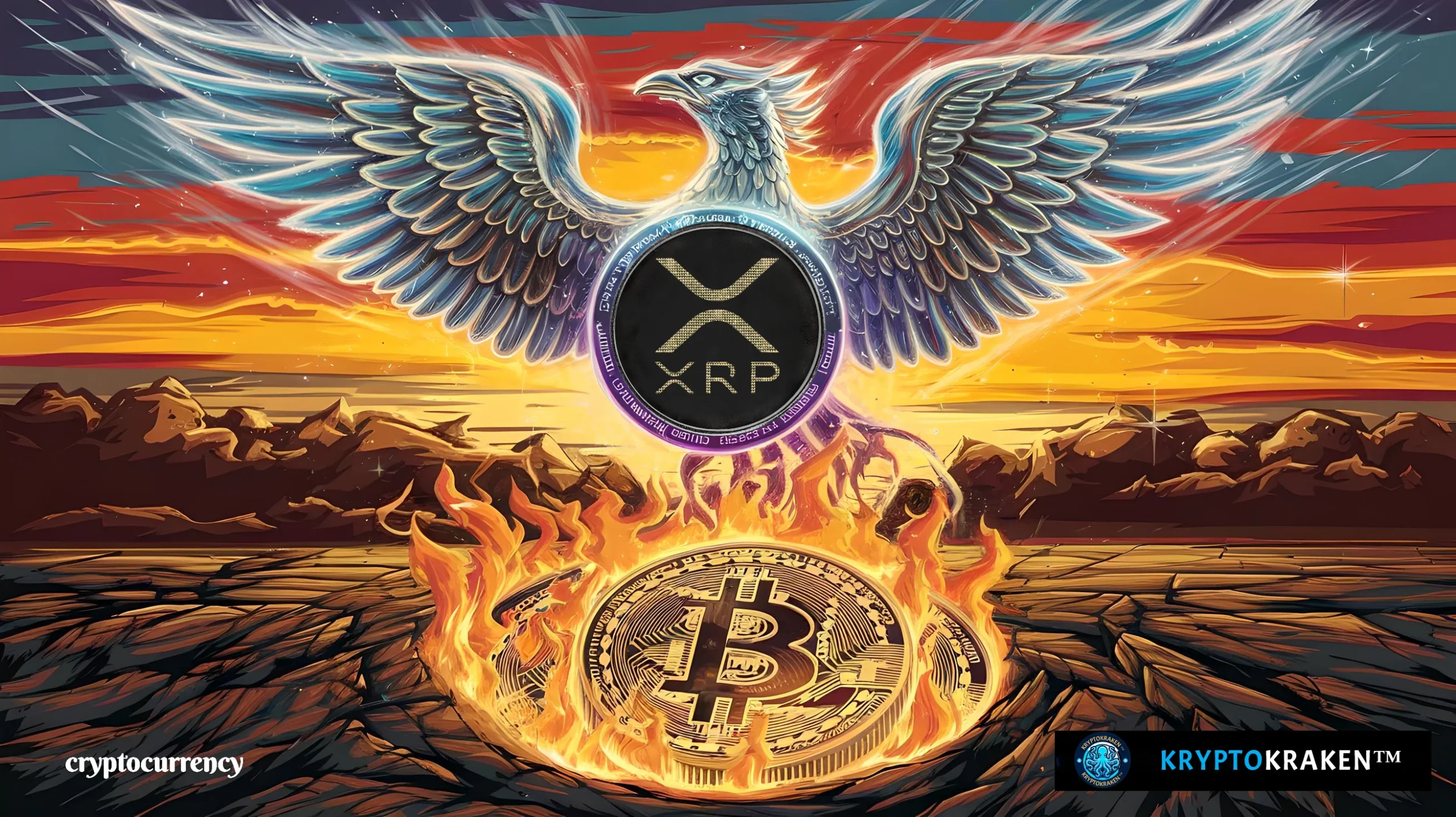
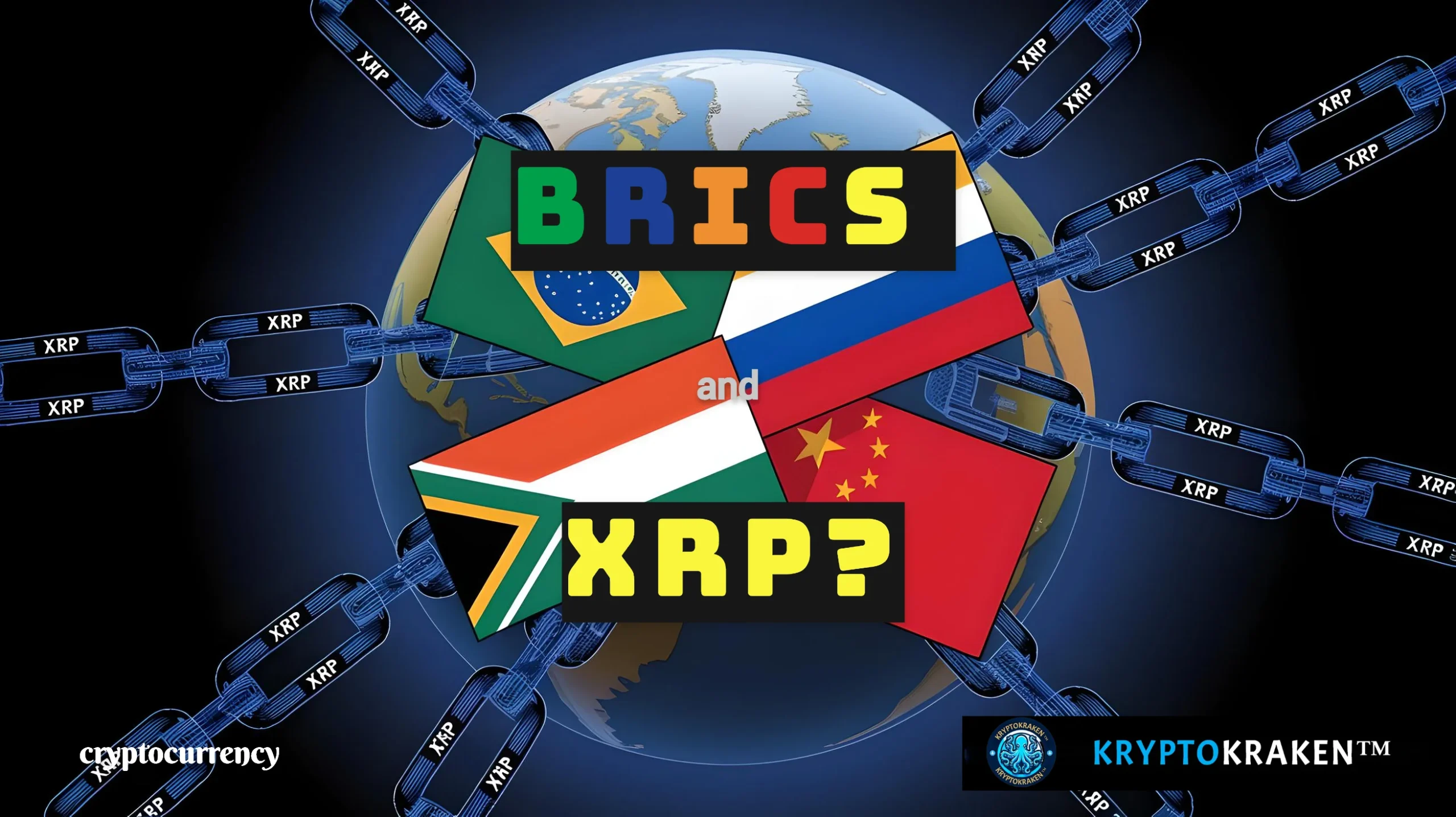






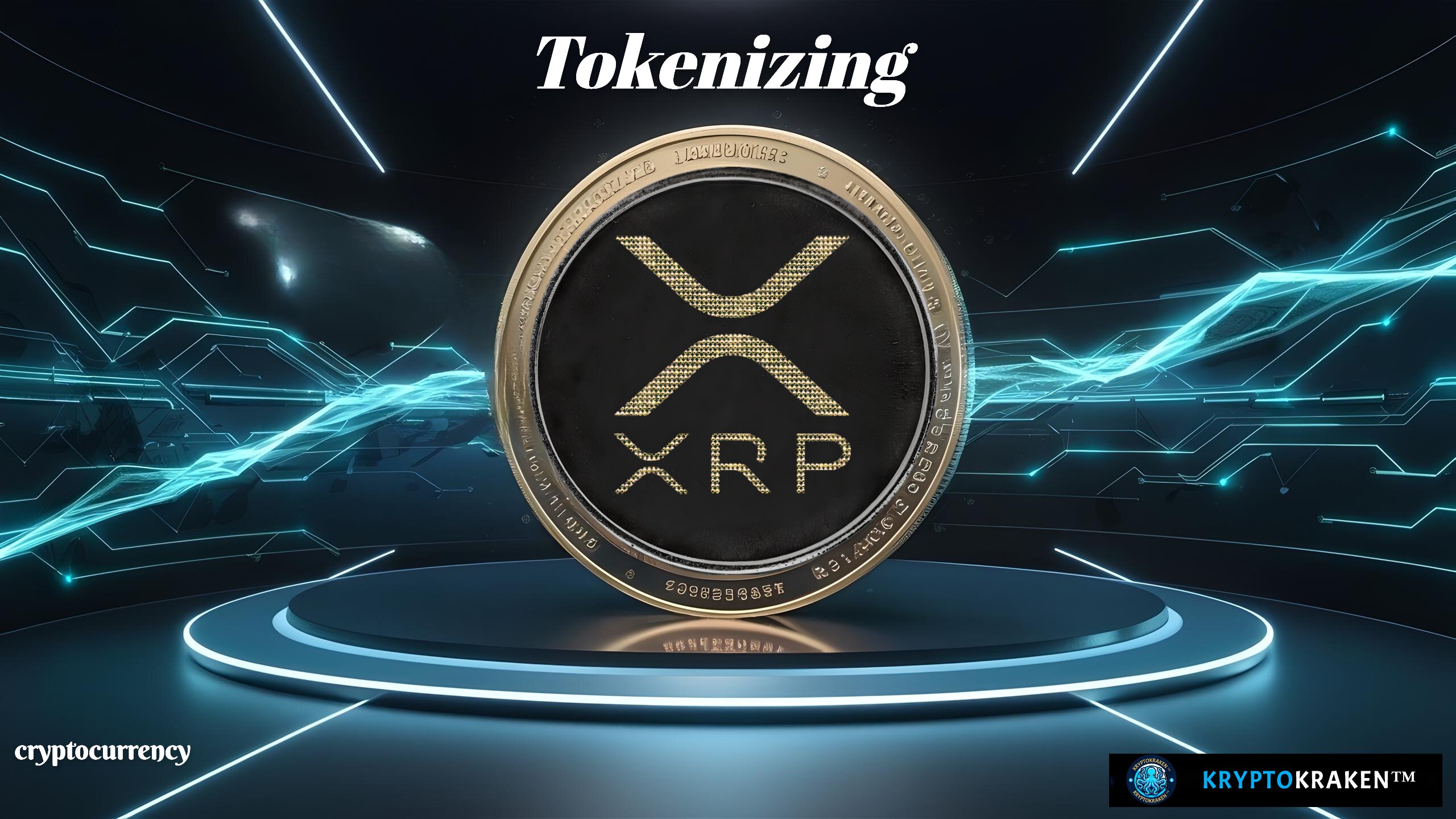
















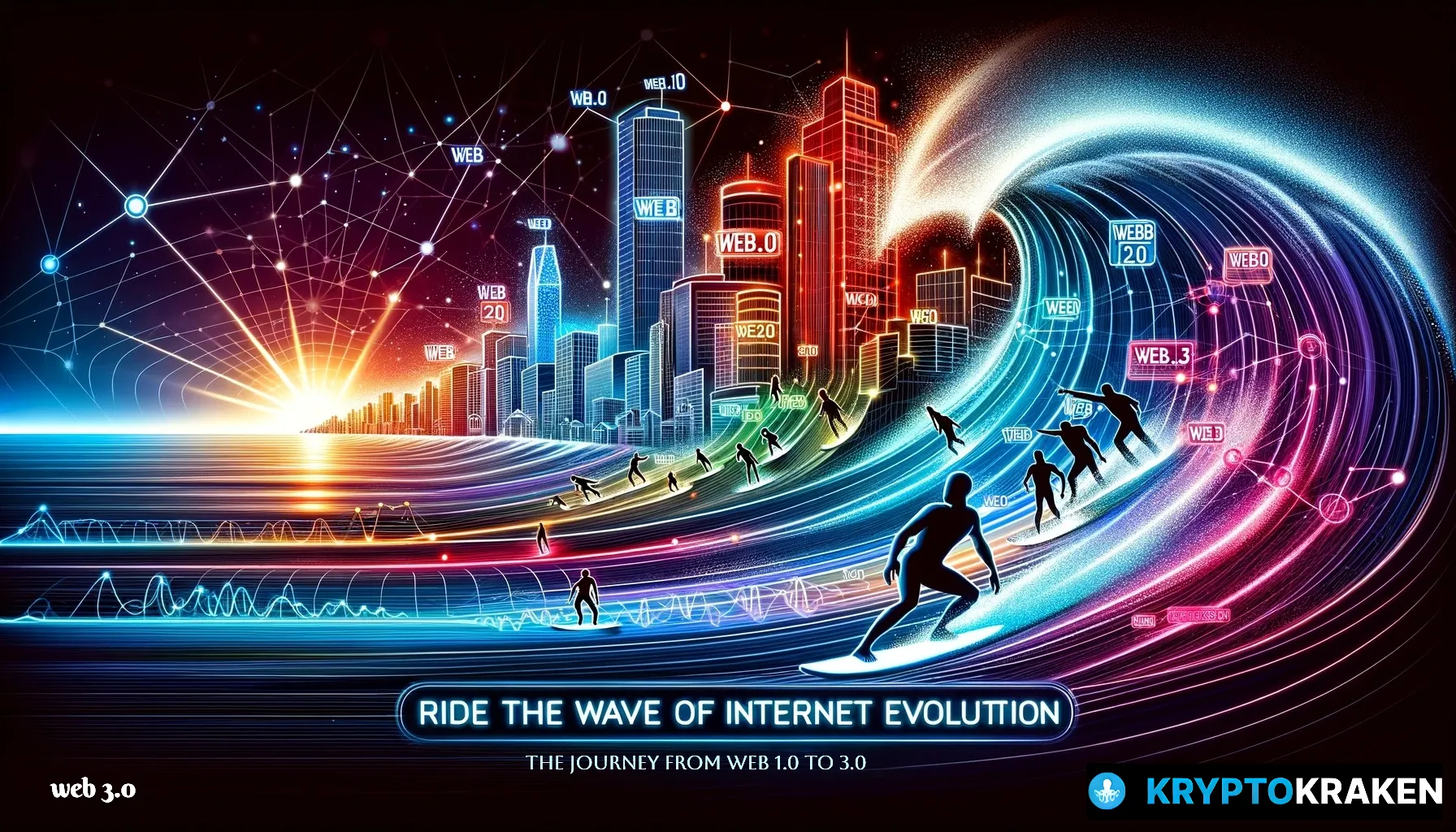








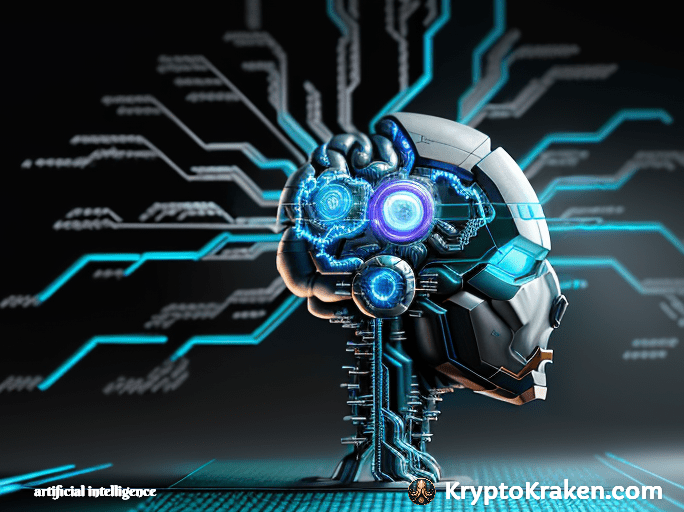

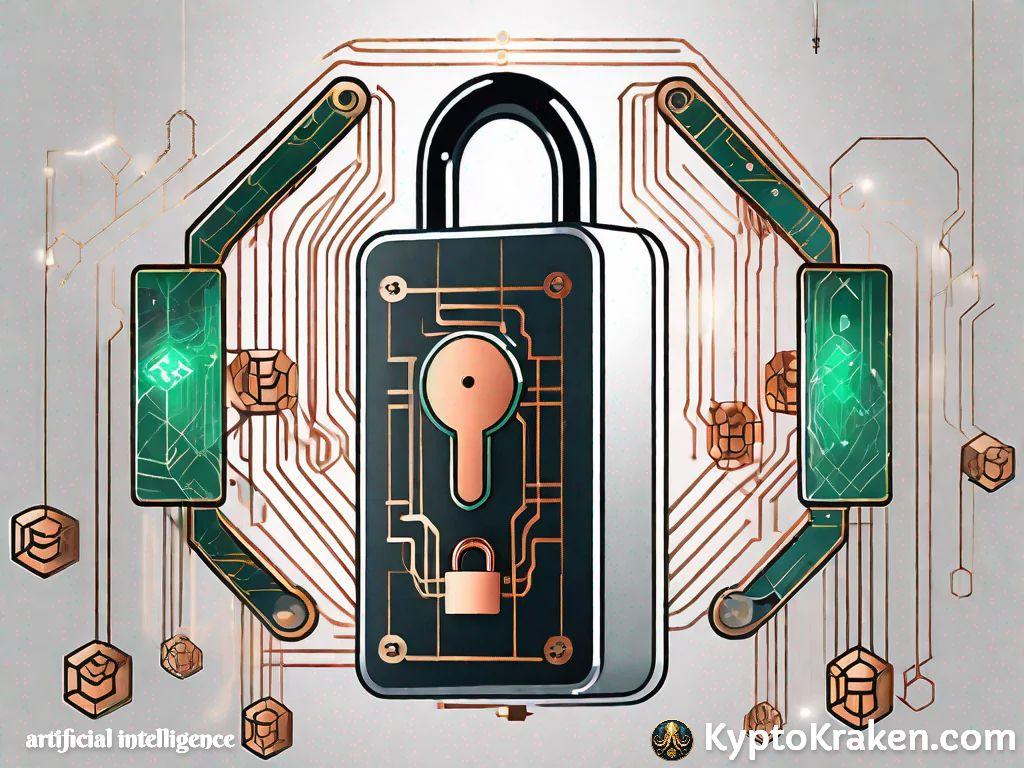




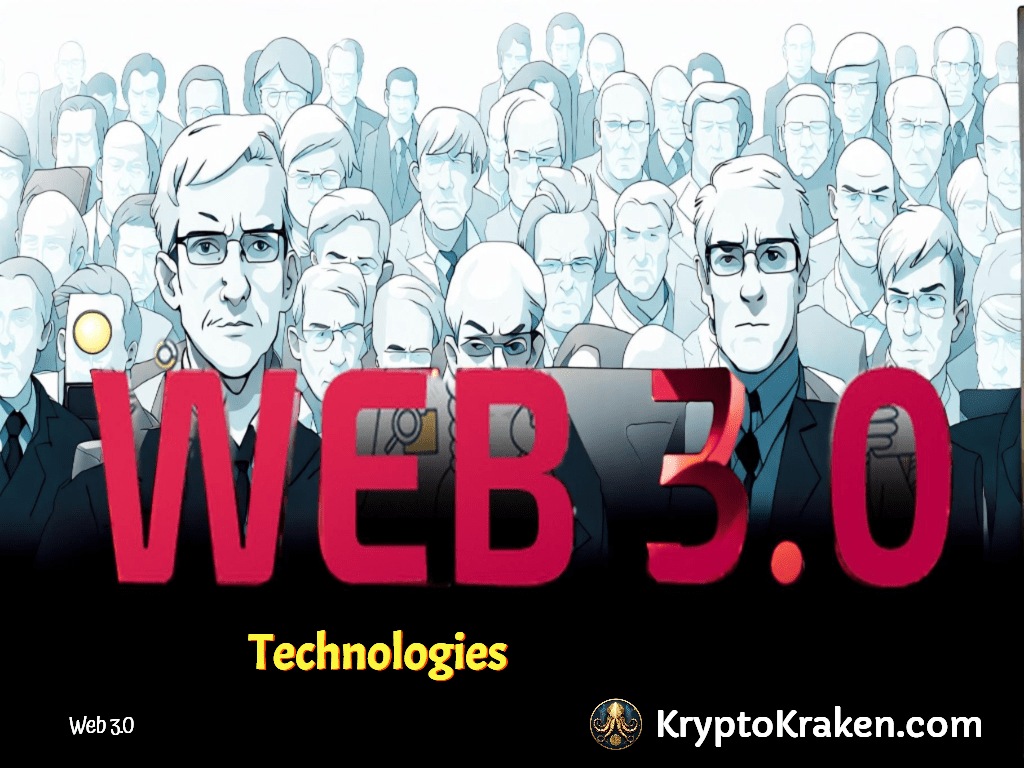









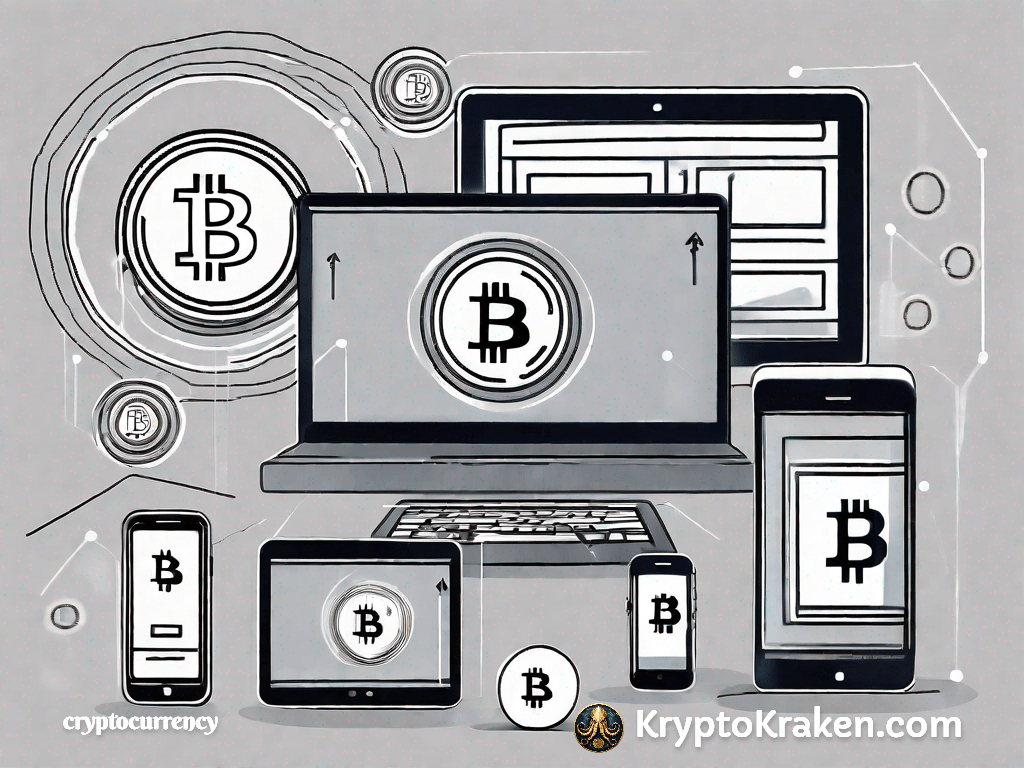




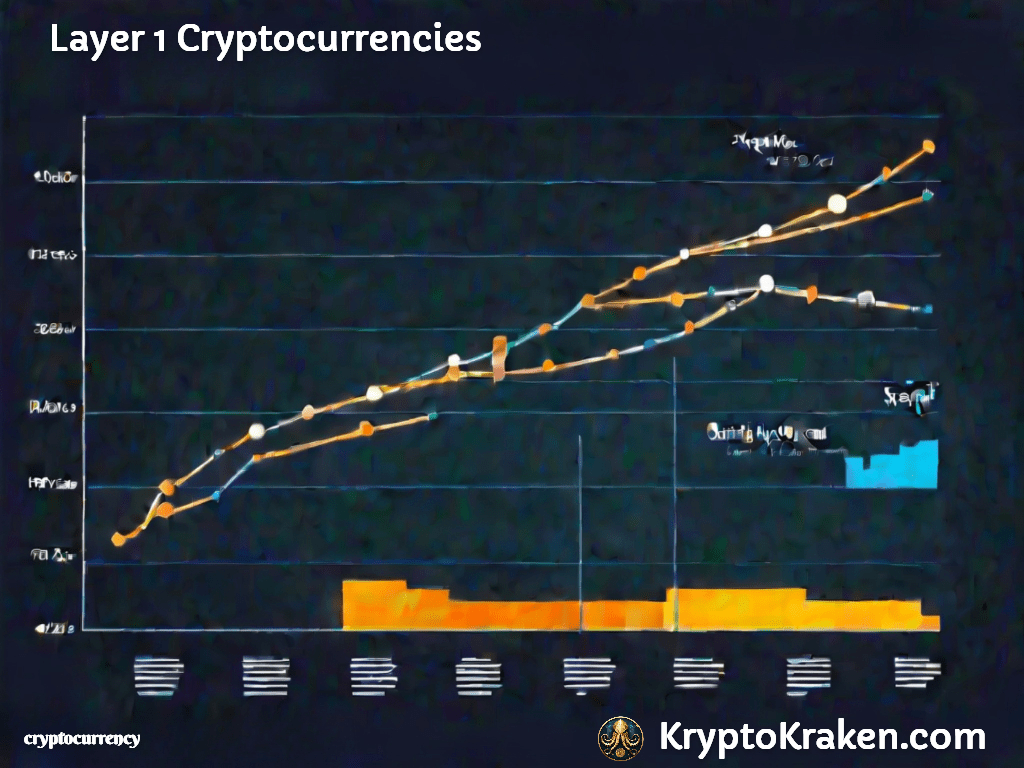


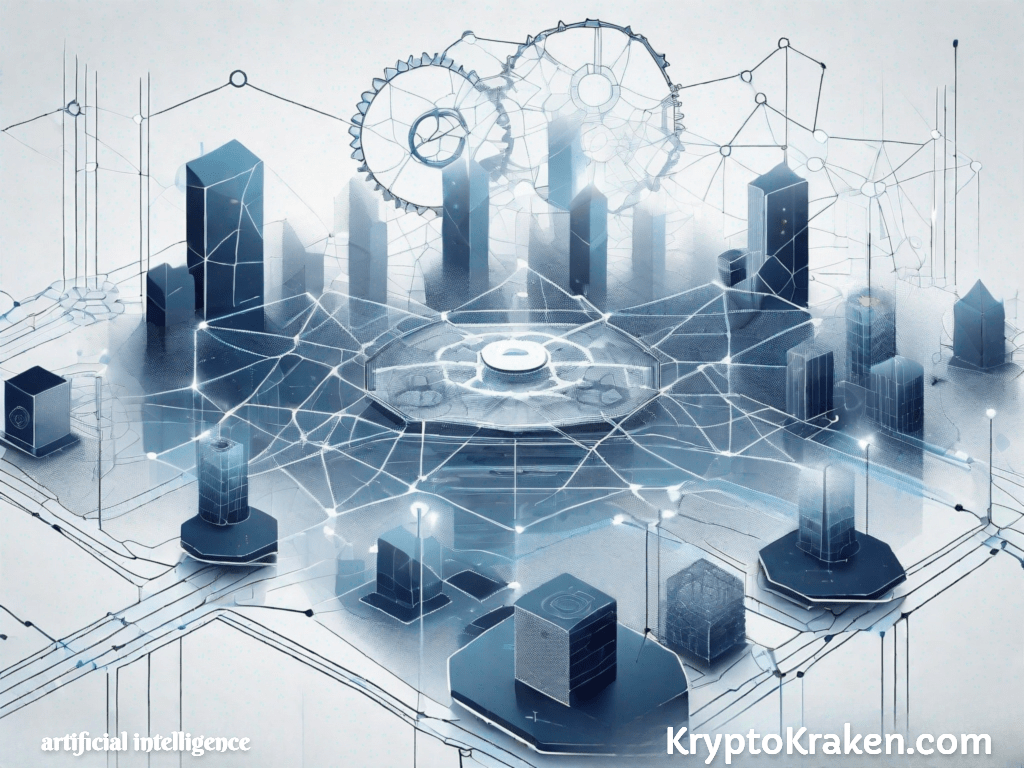

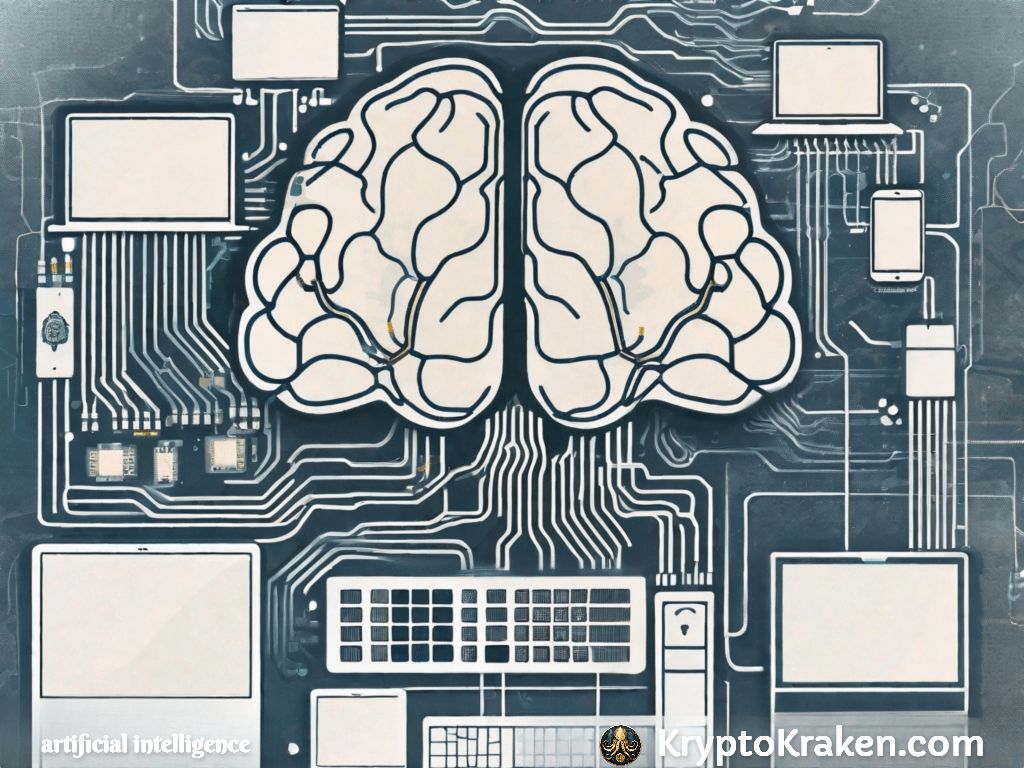










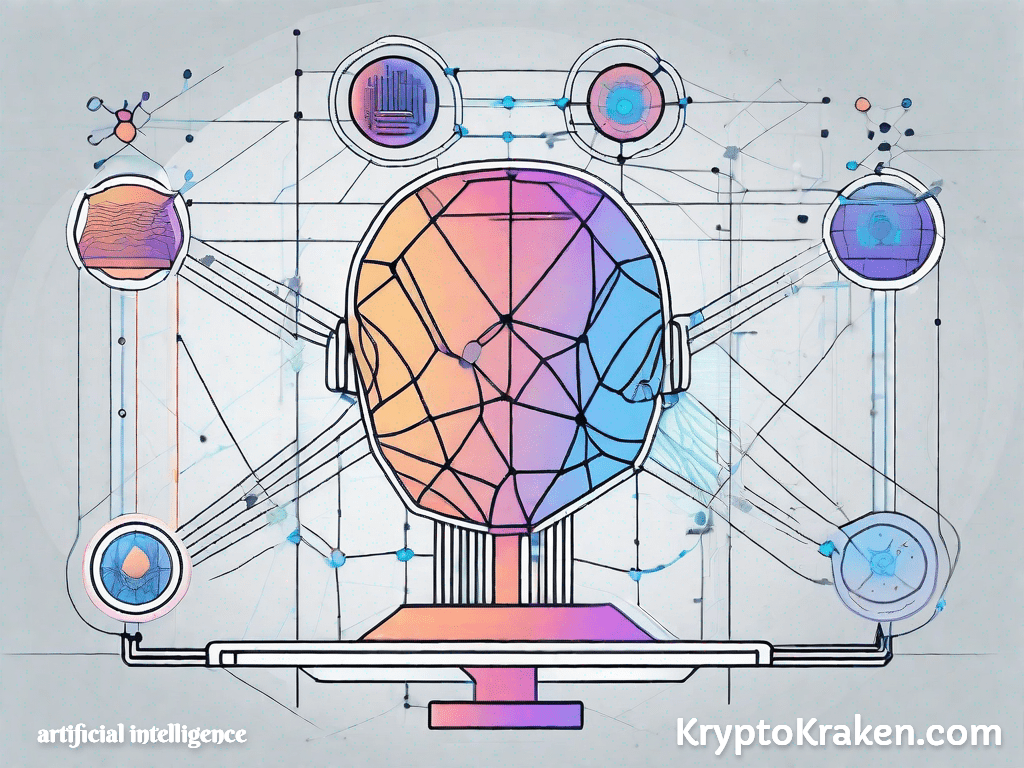


















12 comments on “Unlocking the Potential of Blockchain Technology”